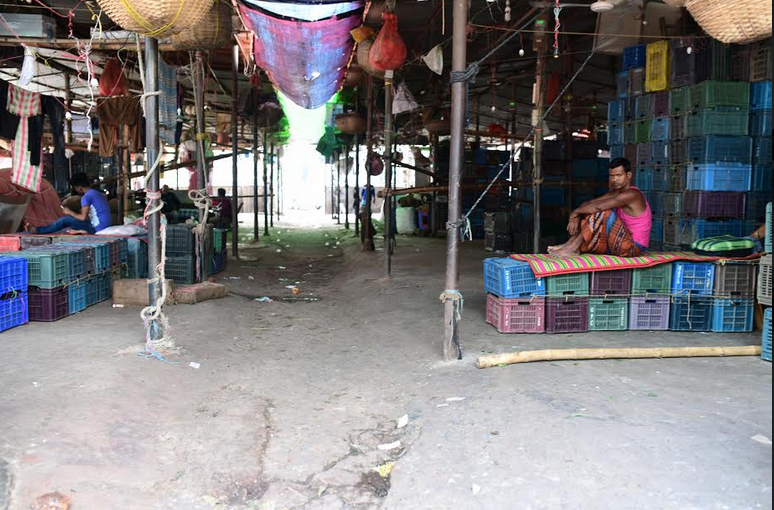Businessmen and policymakers have underscored the need for specific ‘lockdown exit strategies’ to keep the economy running in a sustainable way as Bangladesh enforces a general shutdown to contain the spread of coronavirus. They also have urged the government to form a committee with health experts, economists and business entrepreneurs to find out which sectors should be prioritised. The committee members will monitor the overall situation so that the country can overcome the impact of coronavirus.
Prime Minister Sheikh Hasina has announced a series of stimulus packages to tackle the economic fallout of coronavirus and economists have called for their proper implementation so that all sectors benefit.
The government is allowing businessmen to keep shops and shopping malls open for six hours every day from May 10, after maintaining health guidelines during the general holidays. In a statement, the Commerce Ministry said the decision was taken considering the month of Ramadan and the upcoming Eid-ul-Fitr, the biggest religious festival of Muslims.
But health experts and economists say the decision might lead to a surge in the number of coronavirus cases which stood at more than 13,000 by Friday.
Asif Ibrahim, Chairman of Chittagong Stock Exchange said economic activities have come to a halt due to the shutdown.
“Specific lockdown exit strategies are needed to overcome the situation. We can follow countries that have reopened ensuring health guidelines amid the situation. Coordination between government and private sector is needed now,” he said.
The Bangladesh Garments Manufacturers and Exporters Association (BGMEA) director said coronavirus has forced them to consider a hard question: life or livelihood?
“We can maintain both life and livelihoods through pragmatic strategies. In this case, a committee can be formed with economists, civil societies and, academicians. The experts will find a better way out of this,” the former President of the Dhaka Chamber of Commerce and Industry (DCCI) told UNB.
Barrister Nihad Kabir, President of Metropolitan Chamber of Commerce and Industry (MCCI) said strategies are very significant in the crisis moment.
“Many steps are now being taken without proper strategies. But they are not enough. We have to run our businesses for the sake of the economy but which sector will be prioritised for opening? So, strategies are need,” she added.

Kabir said both life and livelihoods are significant. “We have to work maintaining a balance and ensuring health safety.”
Chairman of Business Initiative Leading Development (BUILD) Abul Kasem Khan said lockdown is a strategy and exit from it is another strategy.
“Strategies are needed for sustainable economic recovery. The country’s economy will be benefitted if a strategy can be drawn up at a due time. Basic data is very important for exit strategies,” the former DCCI president said.
Khan said all activities now should be continued considering the issues of safety. In this case, a joint committee can be formed. It will monitor the overall issues considering health and economy.
Chairman of Policy Exchange Dr M Masrur Reaz advised against hasty decisions.
“A huge portion of the population is staying home during this lockdown. Besides, we have to open businesses right now to keep the wheels of economy running. So, we have to follow the strategies taken by other countries,” he added.
The economist suggested reopening economic sectors on a priority basis. He noted that opening in a disorganised way will head to health risk. “Strategies are important. In this case, a coordination committee can be formed with health experts, economists and business entrepreneurs to help the government,” he said.
Dr Reaz said Bangladesh, having been under a form of partial lockdown for over five weeks to save lives, is suffering heavy economic losses of about Tk33 billion a day with over 10 million marginalised families losing jobs they depend on for livelihood.
“Lockdown exit strategies can help to run the wheels of the country’s economy,” the economist added.- UNB




